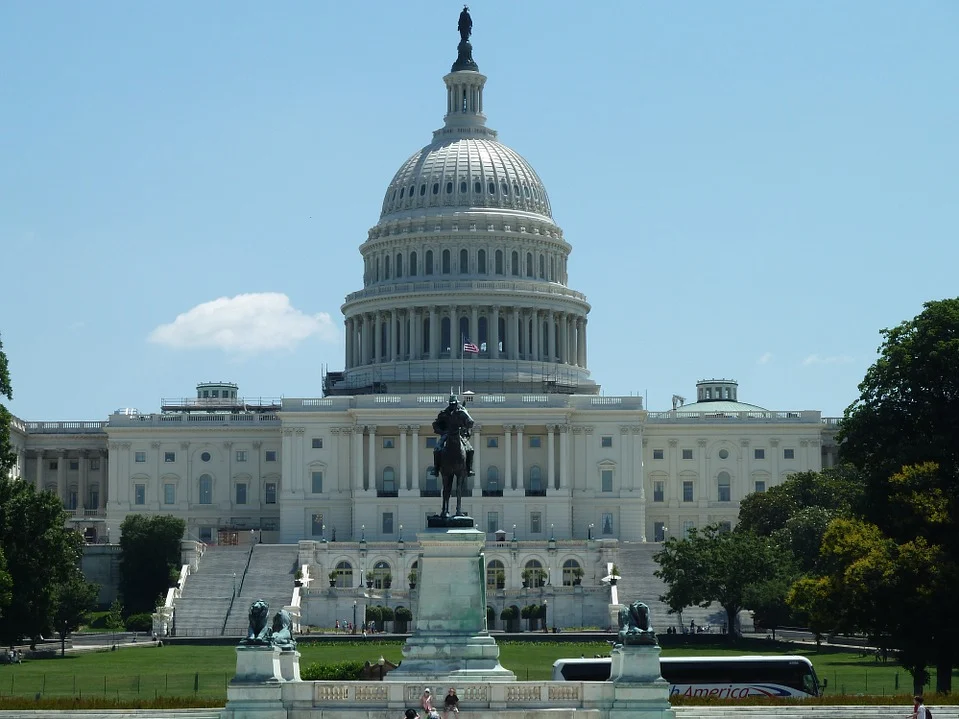latest
CBO: $15 minimum wage will increase deficit, increase prices, lose over 1 million jobs, reduce poverty

If enacted at the end of March 2021, the Raise the Wage Act of 2021 would raise the federal minimum wage, in annual increments, to $15 per hour by June 2025 and then adjust it to increase at the same rate as median hourly wages.
The non-partisan Congressional Budget Office released a report that estimates the bill’s effects on the federal budget, jobs, and the economy.
Here is what they forecast if the minimum wage is raised to $15 an hour under the Act.
-The cumulative budget deficit over the 2021–2031 period would increase by $54 billion. Increases in annual deficits would be smaller before 2025, as the minimum-wage increases were being phased in, than in later years.
-Higher prices for goods and services—stemming from the higher wages of workers paid at or near the minimum wage, such as those providing long-term health care—would contribute to increases in federal spending.
-Changes in employment and in the distribution of income would increase spending for some programs (such as unemployment compensation), reduce spending for others (such as nutrition programs), and boost federal revenues (on net).
-From 2021 to 2031, the cumulative pay of affected people would increase, on net, by $333 billion—an increased labor cost for firms considerably larger than the net effect on the budget deficit during that period.
-That net increase would result from higher pay ($509 billion) for people who were employed at higher hourly wages under the bill, offset by lower pay ($175 billion) because of reduced employment under the bill.
-In an average week in 2025, the year when the minimum wage would reach $15 per hour, 17 million workers whose wages would otherwise be below $15 per hour would be directly affected, and many of the 10 million workers whose wages would otherwise be slightly above that wage rate would also be affected. At that time, the effects on workers and their families would include the following:
-Employment would be reduced by 1.4 million workers, or 0.9 percent, according to CBO’s average estimate; and The number of people in poverty would be reduced by 0.9 million.
-Spending for unemployment compensation would increase under the bill because more workers would be unemployed. That increase would be partially offset when states increased their tax revenues to maintain a positive balance in their unemployment trust funds.
-Spending for Social Security would rise with a higher minimum wage, mainly because of increases in average benefits.
-Spending on the Supplemental Nutrition Assistance Program and child nutrition programs would decline.
-The bill would increase revenues, on net, from 2021 to 2031.
-Higher wages would increase the cost to employers of producing goods and services.
-When the cost of employing low-wage workers goes up, the relative cost of employing higher-wage workers or investing in machines and technology goes down.






You must be logged in to post a comment Login